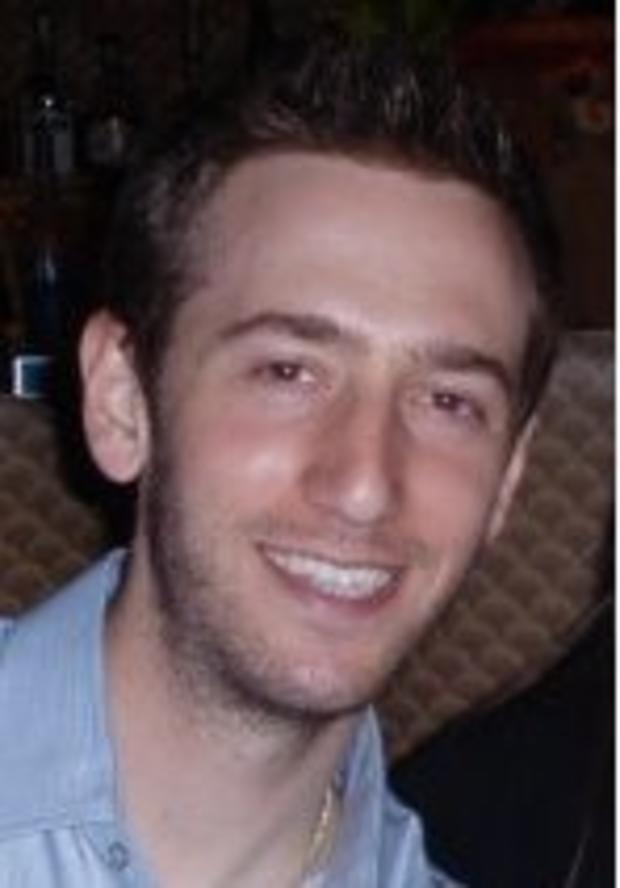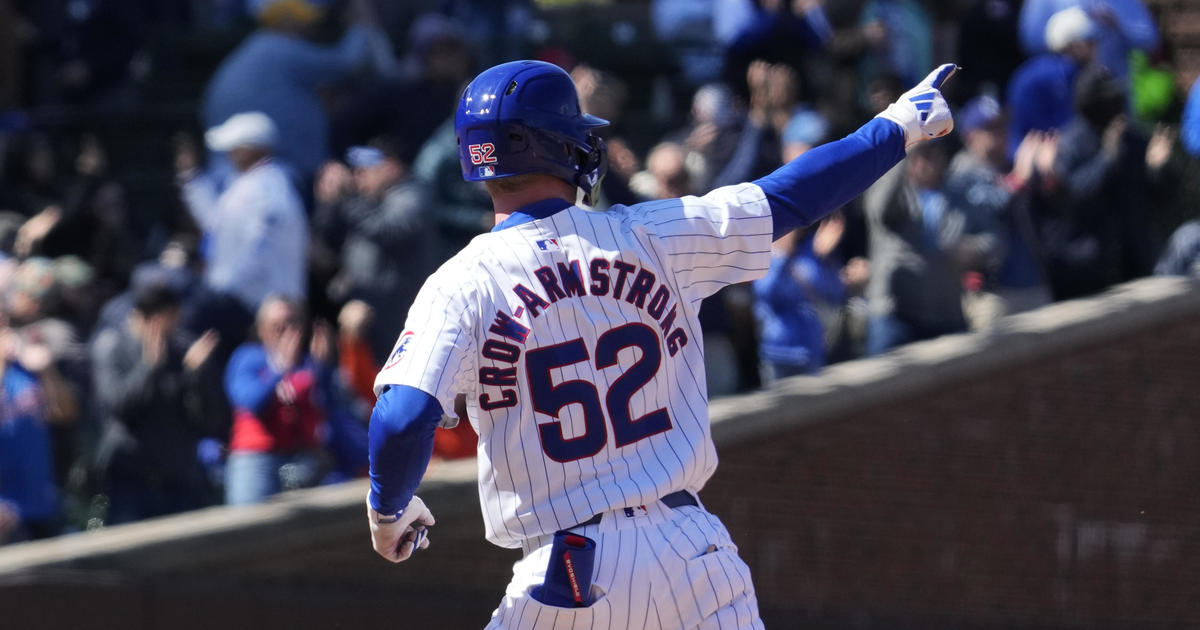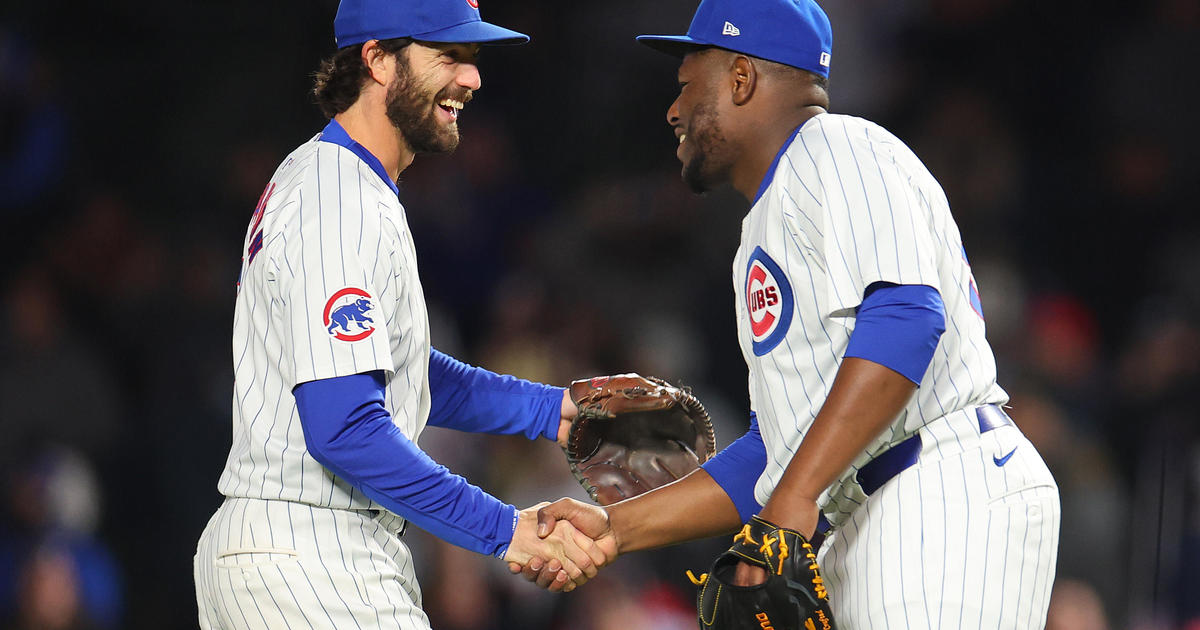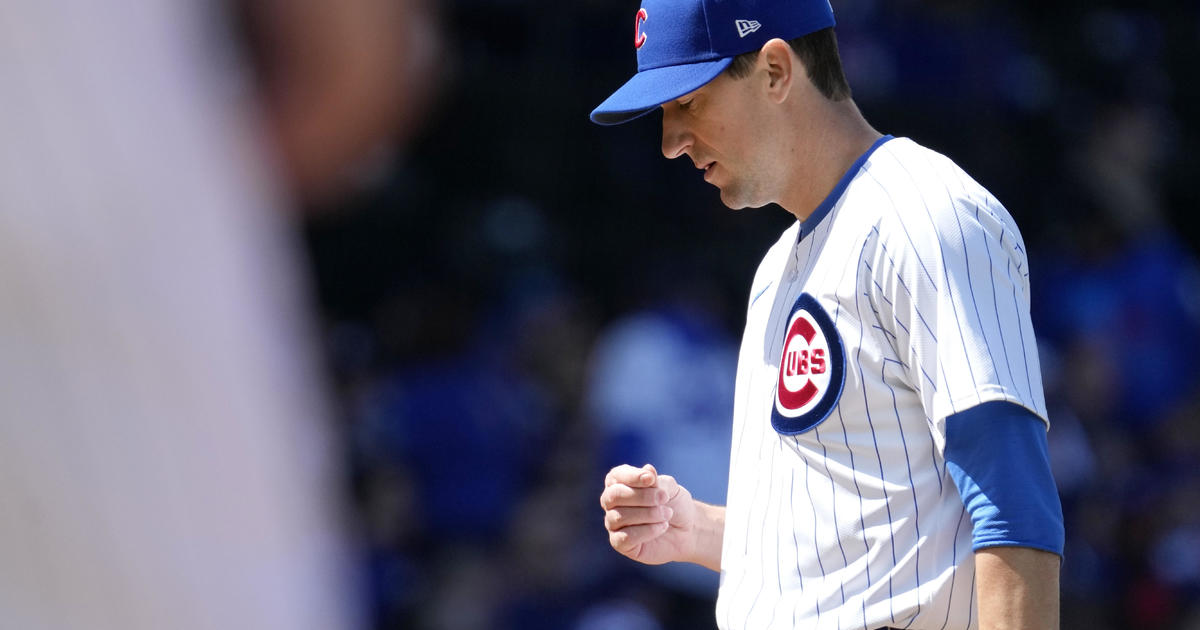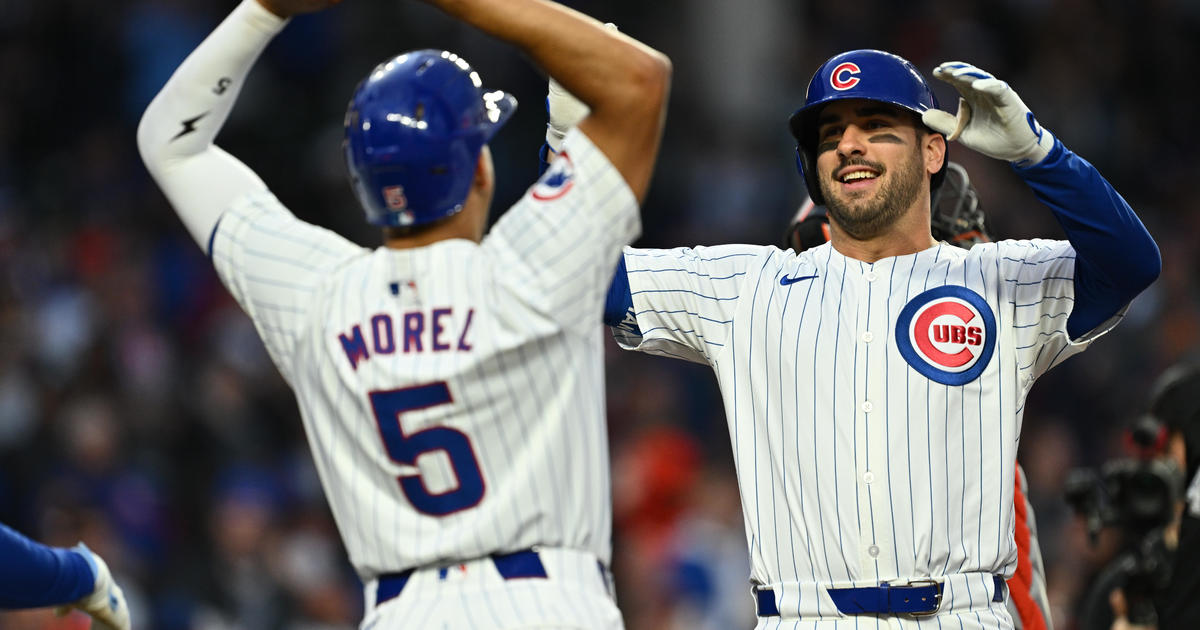Wisch: Do Major League Hitting Coaches Really Matter?
By Dave Wischnowsky--
(CBS) The White Sox are caught up in an offensive tailspin and their fans are fed up with Greg Walker. The Cubs are hopelessly tangled in a second straight lost season and their fans are unimpressed with Rudy Jaramillo.
And those two facts have me sitting here this morning again wondering – just like I have many times before – what exactly is the point of Major League hitting coaches anyway?
Do they really make a difference?
Any difference at all?
Now in his eighth season as hitting coach at U.S. Cellular Field, Walker doesn't seem to be doing much good for the White Sox. Stocked with big-ticket hitters, the team's punchless lineup has mustered a mere six runs in the past three games (all losses) while its No. 3 through 6 hitters have gone a staggering 0-for-28 during the last 18 innings.
Meanwhile, Jaramillo – in his second year with Cubs and reportedly the highest paid hitting coach in baseball – has a lineup that's ranked eighth in baseball in batting average, but just 20th in on-base percentage, dead-last in walks and, before Thursday's 10-run eruption in Washington, had scored only two more total runs than the pop-gun White Sox in the same number of games.
As hit men go, I wouldn't say Walker and Jaramillo are exactly looking like the Sopranos.
But should anyone really expect them to be?
I've always felt that baseball is the sport where coaches have the least impact on the field. They don't draw up plays – certainly not in the sense that football and basketball coaches do – and the game is unique in that it's the defense that has constant control of the ball.
A successful baseball team is wholly reliant on its players executing individually while in the field. Managers, of course, can manipulate games to a certain extent with a variety of calls and lineup switches. And pitching coaches often work to develop players who are still quite raw, even once they reach the big league level.
But while I consider hitting a round ball with a round bat, squarely, the most difficult thing to do in sports, the fact is that by the time a position player makes a Major League roster, he already knows how to hit.
After all, that's most likely how he got there in the first place.
So, really, what do MLB hitting coaches do?
A few years ago, John Levesque, sports columnist for the now defunct Seattle Post-Intelligencer, tried to answer that question when he wrote, "When it comes to imparting knowledge and teaching the principles of hitting, big-league hitting coaches really don't do much of either...
"Even if they tried to teach hitting, they'd run into a solid wall of resistance from self-centered, supremely focused athletes who've made it this far on talent and ability and aren't about to change their swings for anyone, even if he's got street cred in Cooperstown."
Former Minnesota Twins hitting coach Rob Ellis, who wrote a book with Hall of Fame slugger Mike Schmidt about hitting, took things a step further.
Ellis told Levesque, "There's very little solid instruction going on [at the major league level]. The hitting coach tends to be a PR guy, a hitter's best friend, a security blanket, a go-to guy for salve on his wounds, a friendly guy who's a little bit psychologist and a little bit con man...
"I never met one truly effective hitting coach. The system is not set up to teach hitting."
And that's coming from a former MLB hitting coach.
Some hitting coaches have developed legends by having supposedly turned great hitters into, well, even greater ones. One high-profile example is longtime MLB coach Charley Lau, whose pupils during the 1970s and early '80s included the likes of Hal McRae, George Brett, Carlton Fisk, Harold Baines and Ron Kittle.
Now, while I don't doubt that Lau knew hitting inside and out, I also am not about to think that those star players didn't already know how to hit a baseball by the time Lau even shook hands with them.
Lau disciple Walt Hriniak, in another instance, became best known for getting White Sox great Frank Thomas to buy into his hitting philosophy. But again, I tend to think that the Big Hurt would have still bashed most of his 521 career home runs no matter the name of his hitting instructor.
Maybe I'm wrong. But best I can figure, the main purpose of a big league hitting coach is to serving as a fall guy when an underachieving team isn't quite yet ready to fire its manager. Otherwise, I'm not sure what they truly bring to the table.
And so, while White Sox and Cubs fans twist in the wind generated by whiffing sluggers, I'll continue to wonder what justifies paying a big-time salary to a MLB hitting coach when he's only able to coach.
And not actually hit.
If you have an answer of your own, please hit me with it.
Do you agree with Dave? Post your comments below.
If nothing else, Dave Wischnowsky is an Illinois boy. Raised in Bourbonnais, educated at the University of Illinois and bred on sports in the Land of Lincoln, he now resides on Chicago's North Side, just blocks from Wrigley Field. Formerly a reporter and blogger for the Chicago Tribune, Dave currently writes a syndicated column, The Wisch List, which you can check out via his blog at http://www.wischlist.com. Read more of his CBS Chicago blog entries here.
